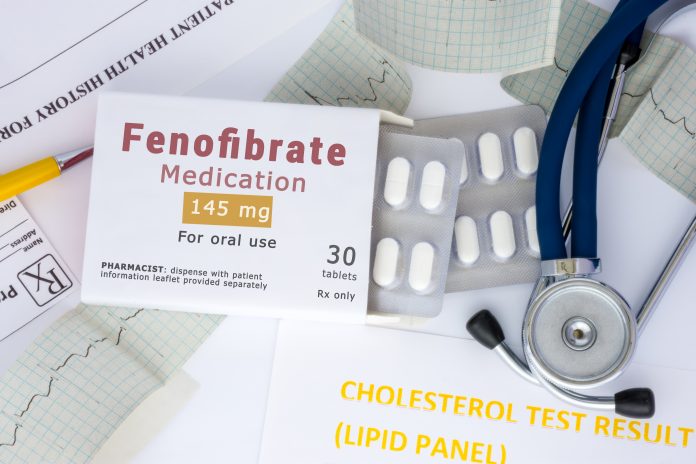According to a new study, fenofibrate, a drug used to treat abnormal levels of fatty substances in the blood, could reduce COVID-19 infection by up to 70%
In the study, researchers from the University of Birmingham, Keele University and the San Raffaele Scientific Institute tested a range of already licensed drugs – including fenofibrate, a drug used to treat abnormal levels of fatty substances in the blood – to identify which of these would disrupt ACE2 and Spike interactions.
After identifying fenofibrate as a candidate, they then tested its ability to reduce infection in cells using the original strains of the SARS-CoV-2 virus.
They found fenofibrate reduced infection by up to 70% and additional unpublished data also indicates that it is equally effective against newer variants.
COVID-19 vaccines
Corresponding author Dr Farhat Khanim, of the University of Birmingham in the UK, explained: “The development of new more infectious SARS-CoV-2 variants has resulted in a rapid expansion in infection rates and deaths in several countries around the world, especially the UK, US and Europe. Whilst vaccine programmes will hopefully reduce infection rates and virus spread in the longer term, there is still an urgent need to expand our arsenal of drugs to treat SARS-CoV-2-positive patients.”
Co-corresponding author Dr Alan Richardson, of Keele University in the UK, added: “Whilst in some countries vaccination programmes are progressing at speed, vaccine uptake rates are variable and for most low middle income countries, significant proportions of the population are unlikely to be vaccinated until 2022. Furthermore, whilst vaccination has been shown to reduce infection rates and severity of disease, we are as yet unsure of the strength and duration of the response. Therapies are still urgently needed to manage COVID-19 patients who develop symptoms or require hospitalisation.”
Co-author Dr Elisa Vicenzi, of the San Raffaele Scientific Institute in Milan, Italy, said: “Our data indicates that fenofibrate may have the potential to reduce the severity of COVID-19 symptoms and also virus spread. Given that fenofibrate is an oral drug which is very cheap and available worldwide, together with its extensive history of clinical use and its good safety profile, our data has global implications – especially in low-middle income countries and in those individuals for whom vaccines are not recommended or suitable such as children, those with hyper-immune disorders and those using immune-suppressants.”
First author Dr Scott Davies, also of the University of Birmingham, concluded: “We now urgently need further clinical studies to establish whether fenofibrate is a potential therapeutic agent to treat SARS-CoV-2 infection.”
The full study ‘The hyperlipidaemic drug fenofibrate significantly reduces infection by SARS-1 CoV-2 in cell culture models’ has been published in Frontiers in Pharmacology.











